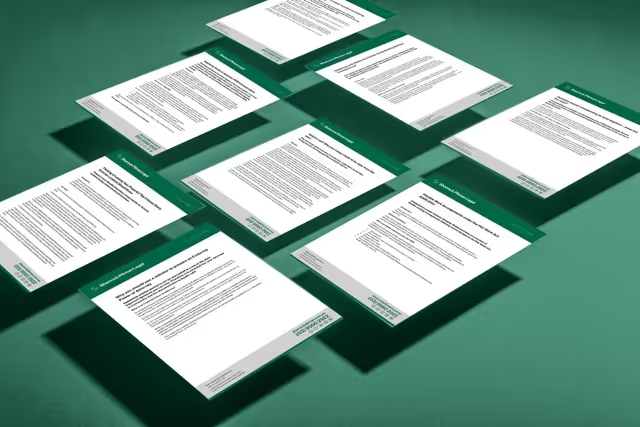Introduction
This article sets out the key matters you will need to consider if you are buying or selling a business that has employees.
The employees may be transferred from employment with the outgoing owner to the incoming owner, or the outgoing owner may decide to make its employees redundant and allow the incoming owner to hire its own employees.
The employment contract
The employment relationship is a contractual relationship between the employer and the employee. If an employer has sold its business, it will need to bring the employment contract with its employees to an end. If employees are to continue working in the business as employees of the new business owner, then there will need to be a new employment contract formed between the new business owner and the transferring employees. This may happen formally by a written agreement, or informally by oral agreement.
If an employee will not continue in the business
If the incoming owner has decided not to offer employment to an employee of the business, then the outgoing owner will need to bring that employee's employment to an end by way of redundancy. This would involve:
- Giving the proper notice required by the employment contract, the Fair Work Act 2009 (Cth) and any Award or Enterprise Agreement that affects the employee,
- Paying the employee any redundancy payments that they are entitled to, and
- Paying the employee any of their accrued entitlements, such as annual leave and long service leave.
If an employee will continue in the business
If the incoming business owner would like to continue employing an employee of the business, then they will need to enter into a new employment contract with the transferring employee. In many cases, an employee will be employed by the incoming business owner on the same terms that they were employed by the outgoing business owner. However, as a new employment contract is being formed, this is an opportunity for both the incoming owner and the employee to negotiate the terms of the employment contract.
If an employee is transferring to employment with the incoming business owner, that employee's accumulated personal leave and (in most cases) years of service for the purpose of calculating long service leave will need to be recognised by the new business owner.
For redundancy pay and annual leave, the outgoing and incoming business owners can decide how to treat the entitlements of the transferring employees. They can either:
- Have the outgoing owner pay the employee's redundancy pay and their accumulated annual leave, or
- Have the incoming owner take on responsibility for the employee's accrued annual leave and accept their years of service for the purpose of calculating any future redundancy entitlements the employee may have.
Adjustments on settlement of the business purchase
The new business owner will want to ensure that adjustments are made to the purchase price of the business at settlement to account for the fact that they are taking on the liability to pay the transferring employees' entitlements. This should be provided for in the sale of business contract. The parties should also specify a method of adjusting for contingent entitlements, such as personal leave and long service leave that has not yet accrued, as it is not possible to calculate with certainty what the future cost of these will be for the new business owner.
Transfer of Enterprise Agreements
An Enterprise Agreement is a collective agreement between an employer and their employees that set out the minimum conditions of employment. The Fair Work Act 2009 (Cth) provides that employees that are covered by an Enterprise Agreement will continue to be covered by the Enterprise Agreement when the business is sold to a new employer.
Additionally,new employees who were never employed by the old business owner, but who are employed by the new business owner in the same business, can also be covered bythe Enterprise Agreement. Therefore, if you are buying a business that has an Enterprise Agreement, be aware that the Enterprise Agreement will usually carryover and apply to those employees that transferred from the outgoing owner, and may in some circumstances also apply to employees newly employed by you.
Conclusion
Whether you are buying or selling a business that has employees, it is important that you decide from the outset what you are going to do with the employees of the business. We have helped many customers buy and sell their businesses and are able to advise on all aspects of a business purchase or sale, including advising on how to treat the business's employees. If you would like assistance with the purchase or sale of a business, please give Mitchell Zadow a call on (03) 8561 3318.
The information contained in this article is intended to be of a general nature only and should not be relied upon as legal advice. Any legal matters should be discussed specifically with one of our lawyers.
Liability limited by a scheme approved under Professional Standards Legislation.













